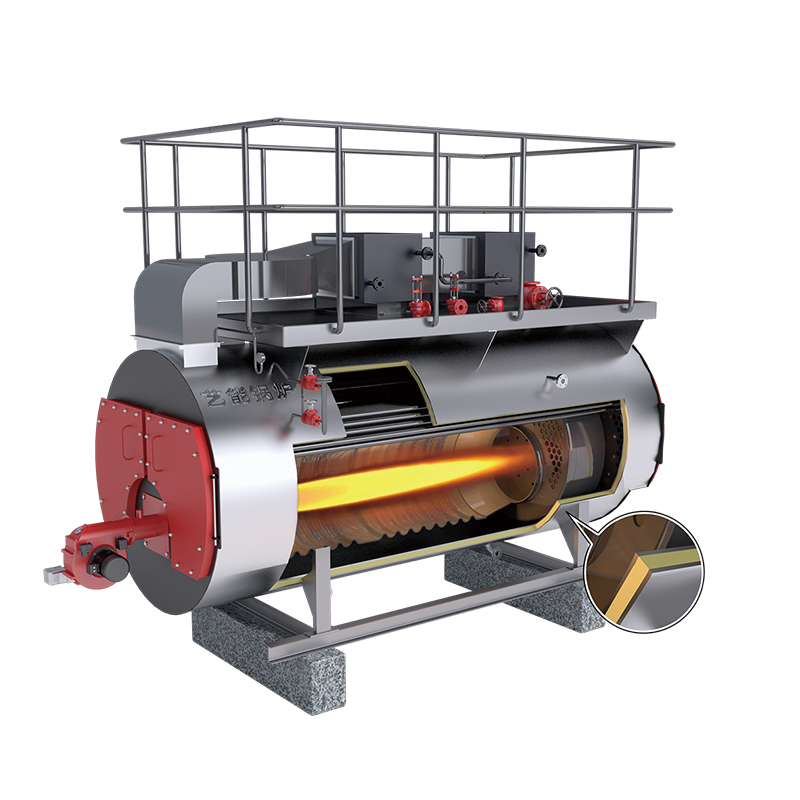wood fired steam boiler
The Efficiency and Technology Behind Wood-Fired Steam Boilers
In recent years, there has been a growing interest in renewable energy sources as society seeks to reduce its carbon footprint and embrace sustainable practices. Among these sources, wood-fired steam boilers have gained prominence for their efficiency and environmental advantages. This article explores the technology behind these boilers, their benefits, and their applications in various industries.
Wood-fired steam boilers operate by burning wood or wood pellets to heat water, generating steam that can be used for heating or powering engines. The fundamental principle behind this technology is the conversion of biomass into thermal energy, which is harnessed to create steam. The process begins with the combustion of wood, where the organic material is converted into heat through a controlled burning process. This heat is then transferred to water circulating within the boiler system.
The Efficiency and Technology Behind Wood-Fired Steam Boilers
Moreover, modern wood-fired boilers are equipped with advanced technologies that enhance their efficiency. These innovations include improved combustion control systems, advanced emissions control technology, and better heat exchange designs. For instance, many wood-fired boilers now feature automatic fuel feeding systems that optimize the fuel-to-air ratio, ensuring complete combustion and maximizing heat output while minimizing smoke and particulate emissions.
wood fired steam boiler

In addition to environmental benefits, wood-fired steam boilers also offer economic advantages. The cost of wood as a fuel source is typically lower than that of fossil fuels, especially in regions with abundant forestry resources. Furthermore, the use of locally sourced biomass can stimulate local economies by creating jobs in forestry, transportation, and boiler maintenance sectors. Businesses that utilize wood-fired steam boilers can also benefit from energy independence, reducing their vulnerability to fluctuations in fossil fuel prices.
Wood-fired steam boilers find applications in various industries, including food processing, paper manufacturing, and agricultural operations. In the food industry, steam generated from these boilers is used for cooking, sterilization, and drying processes. Meanwhile, in the paper industry, steam is crucial for pulp processing and drying paper sheets. Agricultural operations may use steam for heating greenhouses or powering equipment.
Despite their benefits, it is essential to recognize the challenges associated with wood-fired steam boilers. Sourcing high-quality wood fuel is crucial to maintaining efficiency and minimizing emissions. Additionally, there are concerns about the sustainability of harvesting practices and the need for proper management to prevent deforestation. Therefore, it is vital for businesses to invest in sustainable sourcing practices and adhere to regulations governing biomass fuel usage.
In conclusion, wood-fired steam boilers represent a viable and sustainable energy solution in an era where renewable energy sources are becoming increasingly important. With their efficiency, economic benefits, and environmental advantages, they play a significant role in various industries, helping to drive the transition toward a greener future. As technology continues to advance, the potential for wood-fired boilers to contribute to sustainable energy solutions will only increase, reinforcing the need for ongoing innovation and responsible management in the wood fuel supply chain.
-
Top Electric Steam Boiler Makers | AI-OptimizedNewsJul.31,2025
-
Top Electric Steam Boiler Manufacturers - High Efficiency SolutionsNewsJul.30,2025
-
Top Electric Steam Boiler Manufacturers – Efficient Industrial SolutionsNewsJul.29,2025
-
Top Electric Steam Boiler Manufacturers | Reliable Industrial SolutionsNewsJul.29,2025
-
OEM Steam Boiler Solutions for Custom Needs | High Efficiency & VersatilityNewsJul.29,2025
-
High-Efficiency Thermal Oil Boiler for Industrial Heating SolutionsNewsJul.29,2025

